The Health Xchange of Singapore defines hypertension as “the condition in which the blood is pumped around the body at too high a pressure.” This condition is also called high blood pressure. The Health Xchange goes on to explain that if your systolic blood pressure is 140mmHg or higher, your diastolic blood pressure is 90 mmHg or higher; or both, you have high blood pressure.
A healthy adult blood pressure is a systolic blood pressure of 130 mmHg or lower and a diastolic blood pressure of 80 mmHg or lower.
The amount of salt you eat has a direct impact on blood pressure levels. Salt contains sodium, a mineral you need to function properly. Sodium allows the body to correctly balance fluids, muscles to function, and nerves to communicate.
However, with sodium, a little goes a long way. While the average adult only needs about 1 Tsp of salt per day, many are actually eating 1.5-2 Tsp of salt. In fact, 8 out of every 10 Singaporean adults consume an unhealthy amount of salt.
When you eat the right amount of salt, your kidneys are able to process it and use it efficiently throughout your body. Eating an excessive amount of salt causes sodium to build up in the blood because the kidneys cannot process it. cThis build up of sodium leads the body to retain water and a higher blood volume. The heart has to work overtime to keep the blood moving. This leads to high blood pressure.
Mr. Gary Chiah, Dietitian with the Department of Dietetics at Singapore General Hospital explains, “With excess sodium, the blood pressure will increase. Hypertension can cause blood vessel damage; these damages will be ‘patched up’ by the accumulation of cholesterol. As the accumulation thickens, it may reduce or block off the blood supply. This blockage may lead to heart disease, stroke, or kidney disease.”
The Health Promotion Board of Singapore has labelled high blood pressure as a silent killer because there are often no physical symptoms of this condition. 23.5% of adults in Singapore aged 18-69 suffer from hypertension.
In order to effectively manage your blood pressure, you must not eat more than the recommended amount of salt each day. However, it can be difficult to keep track of how much sodium you are actually taking in. Processed foods from the grocery store and dishes prepared in restaurants are often packed with salt.
Read the front-of-pack nutritional labels for the amount of sodium a food contains and ask for your food to be prepared without salt to help you manage your sodium intake. In addition, the American Heart Association recommends watching out for high sodium levels in these popular salty foods they have labelled the “salty six”: canned soups, poultry, prepared sandwiches, bread, pizza, cold cuts, and cured meats.
You can counteract the effects of sodium in your diet by eating the recommended amount of potassium. Dr. Rachel Johnson, nutritionist and professor of Medicine at the University of Vermont points out, “Consuming more potassium is not an excuse to not be concerned about the amount of salt in your diet, but it can definitely help blunt the blood pressure-raising effects of sodium.”
Foods that are rich in potassium are: fat-free yogurt, fat-free milk, raisins, dates, apricots, prunes, cantaloupe, oranges, tomatoes, bananas, peas, mushrooms, dark greens, potatoes, sweet potatoes, and tuna.
SOURCES: https://www.heart.org/HEARTORG/Conditions/More/MyHeartandStrokeNews/
Striking-a-Balance-Less-Sodium-Salt-More-Potassium_UCM_440429_Article.jsp;https://www.healthxchange.com.sg
/healthyliving/DietandNutrition/Pages/Salt-in-Your-Diet-Whats-the-Link-With
-High-Blood-Pressure.aspx;https://www.hpb.gov.sg/HOPPortal/dandc-article/766; Image courtesy of akeeris / FreeDigitalPhotos.net
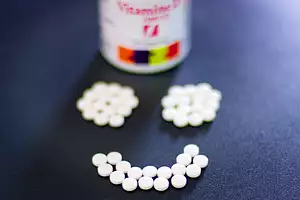


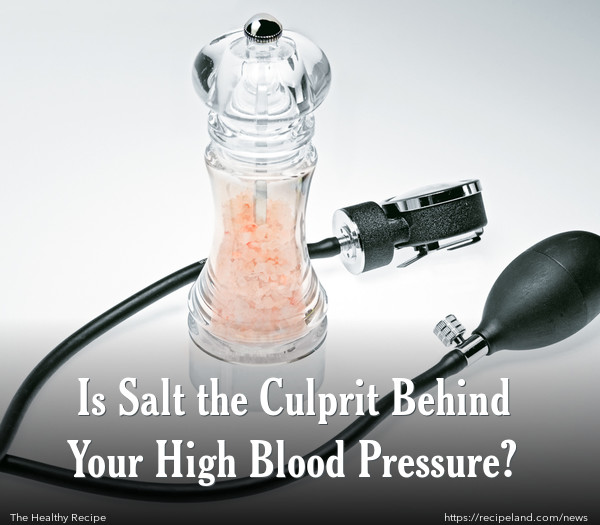
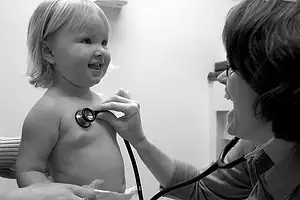
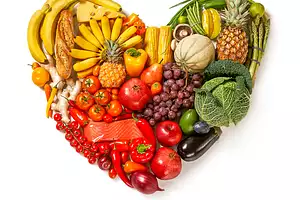
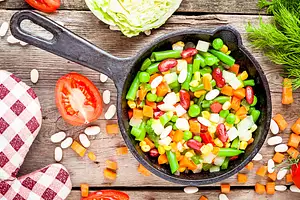

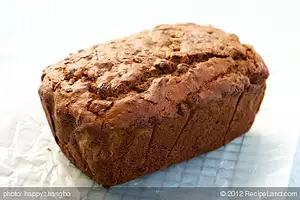
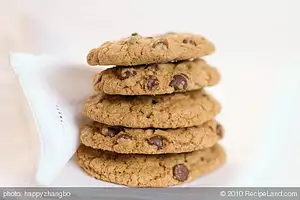
Comments